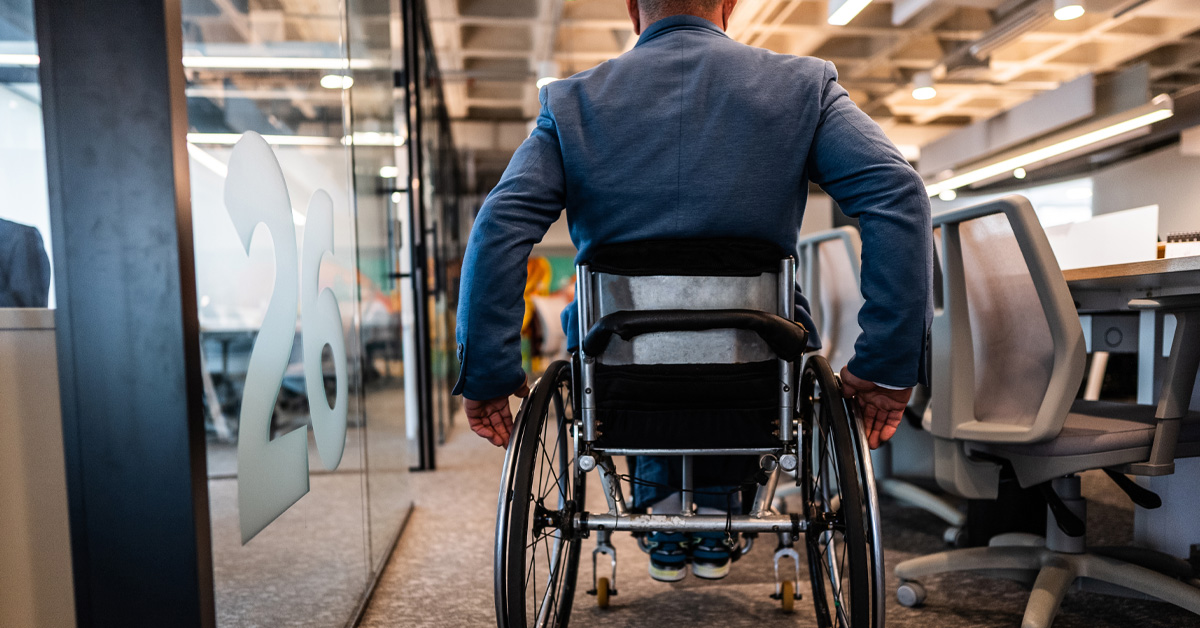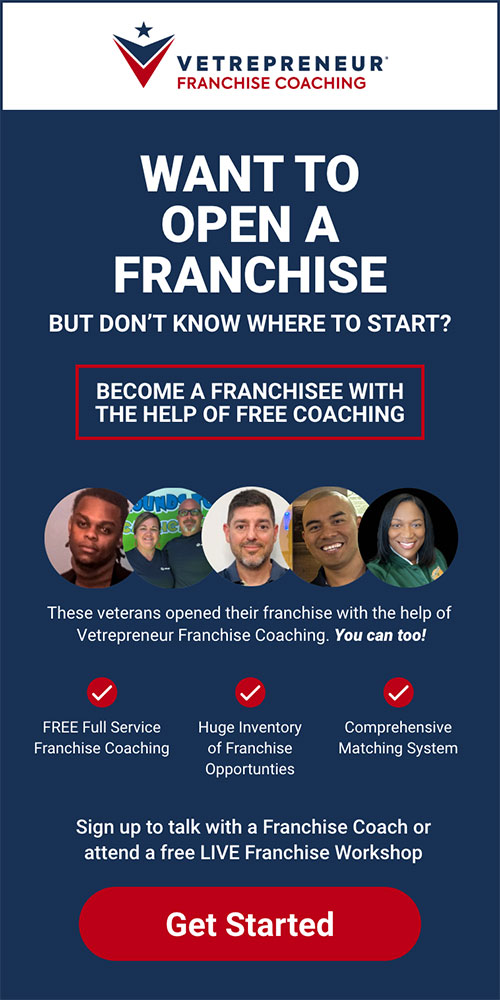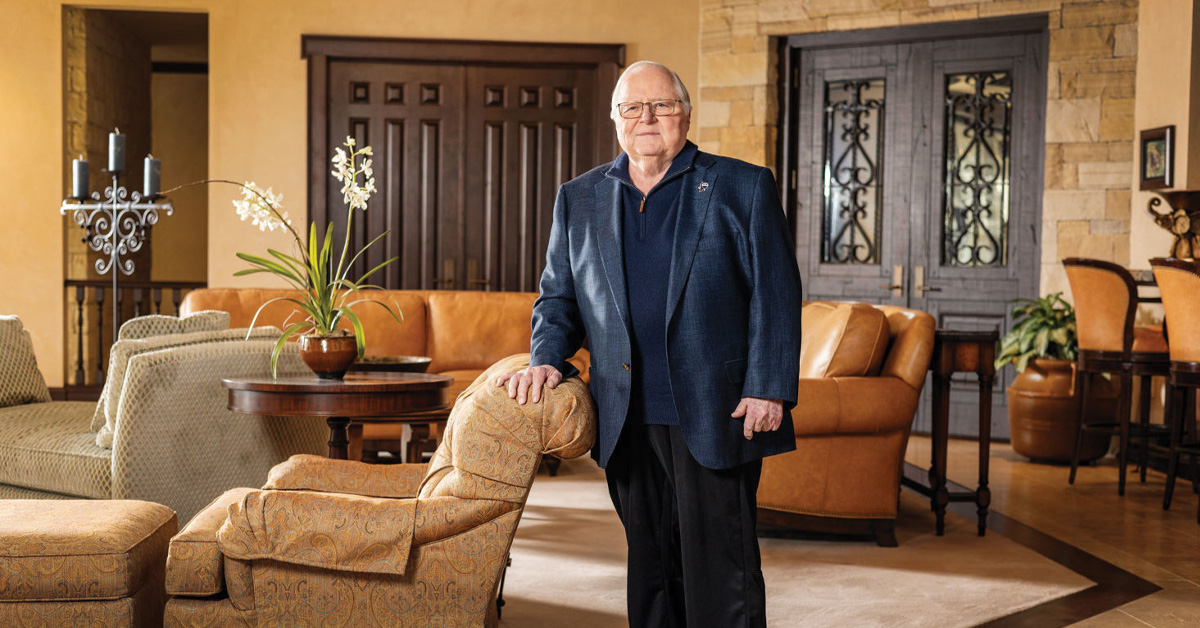In recent years, there has been a growing recognition of the unique challenges faced by disabled veterans as they transition from military to civilian life. One vital aspect of this transition is the ability for these veterans to establish and grow their own businesses. Empowering disabled veteran-owned businesses not only aids in their personal and professional development but also enriches the broader economy by fostering innovation and diversity. This article explores the mechanisms by which disabled veterans are supported in business endeavors and the initiatives propelling the growth of veteran-owned enterprises today.
Supporting Disabled Veterans in Business Success
Disabled veterans often encounter numerous obstacles when transitioning to civilian life, including physical challenges, mental health issues, and the need to adapt to a new professional environment. Recognizing these hurdles, various organizations and government bodies have stepped up efforts to provide targeted support. Programs like the Veterans Business Outreach Center (VBOC) and the Small Business Administration’s (SBA) Office of Veterans Business Development offer resources tailored to veterans, focusing on entrepreneurial training, counseling, and funding opportunities. These programs aim to equip veterans with the necessary skills and knowledge to successfully navigate the business landscape.
Financial support is another critical component of empowering disabled veteran-owned businesses. Access to capital can be a significant barrier for many aspiring entrepreneurs; however, initiatives such as the Veterans Advantage loan program provide financial assistance with favorable terms. Additionally, grants and scholarships are available specifically for disabled veterans, helping to alleviate some of the financial burdens associated with starting and expanding a business. By reducing these barriers, disabled veterans are better positioned to contribute to and benefit from the economic growth of their communities.
Networking and mentorship opportunities are equally essential in fostering business success for disabled veterans. Many organizations have developed mentorship programs that connect veteran entrepreneurs with experienced business leaders and fellow veterans who have successfully transitioned into civilian business roles. These connections provide valuable guidance, support, and encouragement, facilitating knowledge sharing and opening doors to new opportunities. By fostering a strong support network, disabled veterans can leverage these relationships to build successful and sustainable businesses.
Initiatives Boost Veteran-Owned Business Growth
Several initiatives have been launched in recent years to specifically address the growth needs of veteran-owned businesses. The Veterans Institute for Procurement (VIP), for example, offers training programs designed to help veteran-owned businesses navigate the complexities of federal procurement. By providing specialized guidance in government contracting, VIP enables veteran entrepreneurs to compete effectively in the federal marketplace, opening up lucrative opportunities and driving business growth.
Technology and innovation play a crucial role in the growth of veteran-owned enterprises. Programs like Bunker Labs, a national network of veteran entrepreneurs, focus on empowering veterans to harness technology for business innovation. By providing access to educational resources, workshops, and networking events, Bunker Labs encourages veterans to leverage cutting-edge technology and best practices to enhance their businesses. This focus on innovation not only fosters growth but also ensures that veteran-owned businesses remain competitive in a rapidly evolving market.
Public awareness and advocacy are also pivotal in promoting the growth of veteran-owned businesses. Initiatives that highlight the contributions of veteran entrepreneurs and encourage consumers to support these businesses create a favorable environment for growth. By raising awareness and encouraging collaboration between the public sector, private industry, and veterans’ organizations, these initiatives help to create a more inclusive economy that values and supports the contributions of disabled veteran-owned businesses.
Empowering disabled veteran-owned businesses is not merely a matter of supporting individual entrepreneurs; it is a critical component of building a diverse and resilient economy. By providing targeted support, fostering innovation, and raising public awareness, society can ensure that disabled veterans have the tools and opportunities needed to succeed. As these brave individuals transition into business ownership, they bring with them unique skills and perspectives that can drive innovation and economic growth. By continuing to develop and support initiatives focused on veteran entrepreneurs, we can create an environment where disabled veteran-owned businesses thrive, benefiting veterans and the broader community alike.






